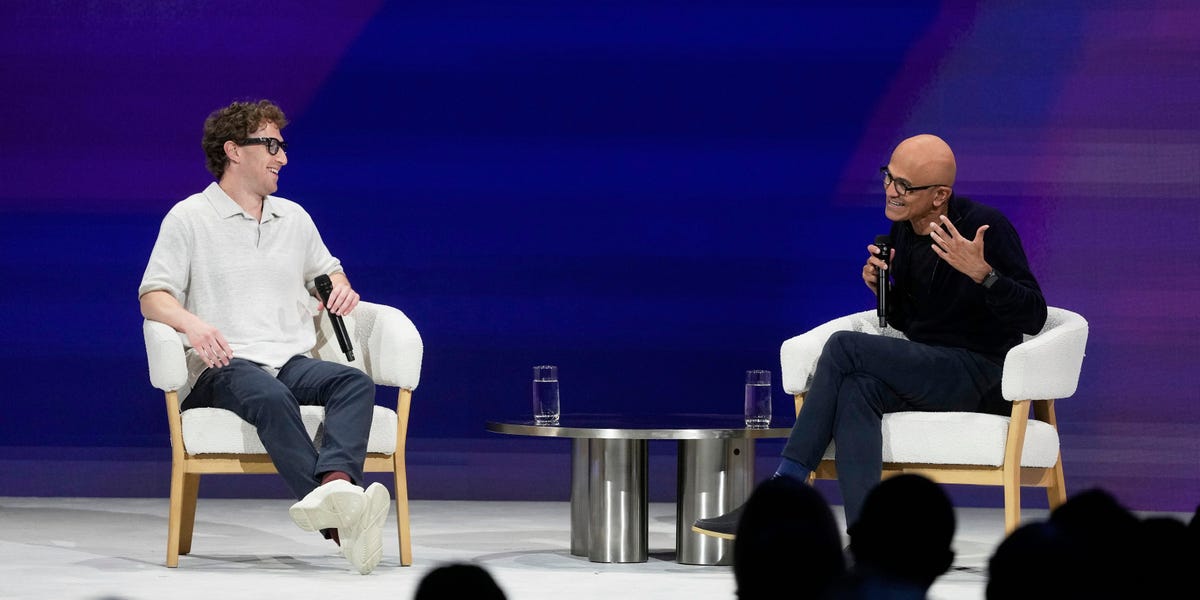Code Revolution: AI Takes Over Programming at Tech Giants, Meta Next in Line

AI Takes the Wheel: Tech Giants Embrace Automated Coding
In a groundbreaking shift, tech titans Microsoft and Google are witnessing artificial intelligence transform software development from the ground up. These industry leaders are increasingly relying on AI to write complex code, signaling a revolutionary change in how software is created.
Microsoft and Google have reported significant progress in using AI-powered coding assistants that can generate entire blocks of programming logic with remarkable accuracy. These intelligent systems are not just suggesting minor improvements, but are capable of writing substantial portions of software code autonomously.
Adding to the excitement, Meta's CEO Mark Zuckerberg has made a bold prediction: within the next year, artificial intelligence could potentially handle up to half of Meta's software development work. This forecast underscores the rapid advancement and growing confidence in AI's coding capabilities.
The implications are profound. As AI becomes more sophisticated, developers might transition from writing code line-by-line to becoming strategic architects who guide and refine AI-generated solutions. This shift could dramatically accelerate software development cycles and reduce human error.
While concerns about job displacement exist, many experts view this technological evolution as an opportunity for developers to focus on more complex, creative problem-solving tasks that require human ingenuity.
